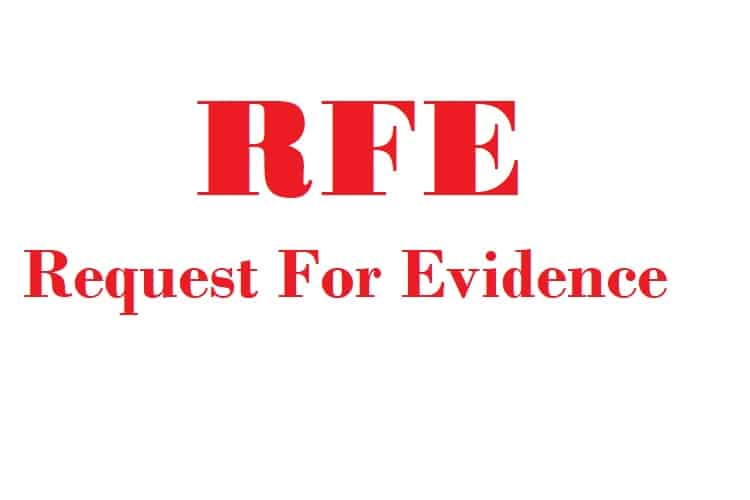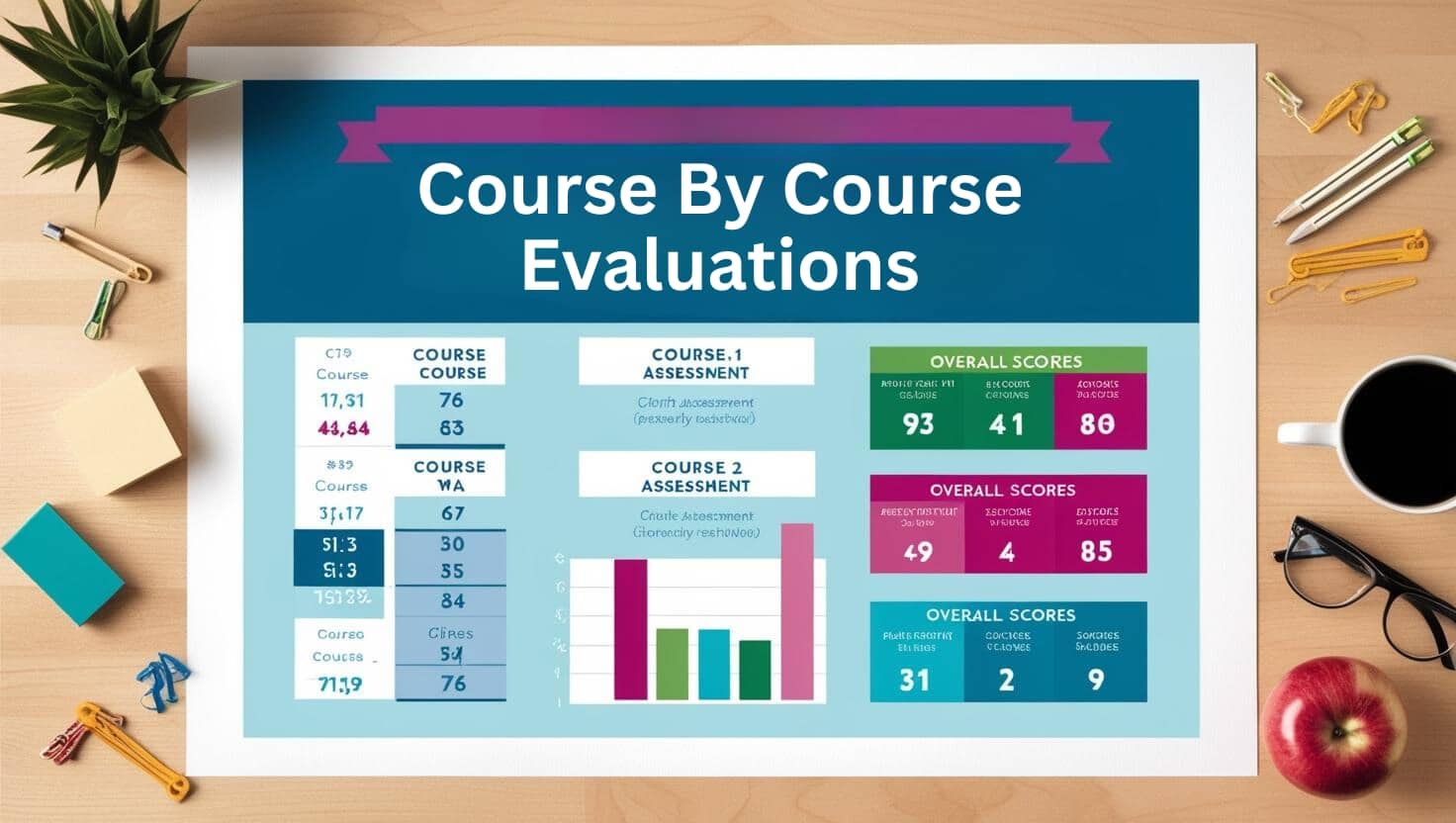Introduction
In an increasingly interconnected world, instructional qualifications acquired in one nation frequently require to be examined for their equivalence in another. This is especially real for international trainees seeking to study or work abroad. The process of course-by-course examinations functions as an essential tool in this regard, assisting to bridge academic spaces and facilitate international integration. By offering in-depth evaluations of scholastic qualifications, these examinations enable individuals to translate their certifications into formats recognized worldwide.
What is Academic Credential Evaluation?
Academic credential evaluation refers to the methodical procedure of evaluating and comparing instructional qualifications made in one nation versus those in another. The main objective is to figure out the equivalency of degrees, diplomas, and certificates to ensure that people can pursue additional education or job opportunity without hindrance.
Importance of Academic Credential Evaluation
- Facilitates Acknowledgment: Allows institutions and companies to comprehend the level of education attained by an individual. Promotes Movement: Motivates trainee and professional movement across borders by assuring stakeholders about the validity of foreign qualifications. Enhances Employability: Increases job prospects for individuals whose credentials are precisely examined and recognized.
Understanding International Credential Evaluation Services
International credential examination services play an essential role in the evaluation procedure. These specialized organizations assess foreign academic files, ensuring they fulfill specific requirements set forth by various nations or educational institutions.
Types of International Credential Evaluations
Course-by-Course Assessment:- Provides comprehensive analysis per course taken during a degree program. Essential for people seeking extra education or professional licensure.
- Offers a general overview of credentials without diving into course specifics. Suitable for many work purposes.
- Assesses professional experience in lieu of formal education. Helps prospects who have significant work experience however lack formal degrees.
Course-by-Course Credential Assessment: A Deep Dive
A course-by-course credential assessment carefully evaluates each course completed throughout a degree program. It translates the credits made into equivalent U.S. credits, making it easier for American organizations to evaluate foreign certifications accurately.
Benefits of Course-by-Course Evaluations
- Detailed Insights: Offers extensive details about courses taken, grades achieved, and credit hours earned. Tailored Evaluations: Enables organizations to make educated decisions based upon specific academic backgrounds. Supports More Education: Necessary for students preparing to move or pursue sophisticated degrees.
How Does Course-by-Course Examination Work?
The course-by-course evaluation process generally involves numerous key actions:
Document Submission:- Candidates need to submit official transcripts and other relevant documents.
- The evaluating agency validates the authenticity of the files with issuing institutions.
- Courses are analyzed based upon content, period, and grading systems utilized in the initial institution.
- An official evaluation report is generated detailing the findings and comparisons made.
Bridging Educational Gaps: How Course-by-Course Assessments Facilitate Global Integration
Course-by-course evaluations act as bridges between various instructional systems by offering clarity on what foreign credentials require. This not only aids students however likewise educational institutions and companies in understanding diverse scholastic backgrounds.
Creating Opportunities through Transparency
With clear examinations offered, prospective students can confidently look for courses knowing their previous studies will be recognized properly. Companies can likewise assess prospects' educational histories without ambiguity, creating a structured hiring procedure that values variety while preserving standards.
Expert Opinion Letter: When is it Needed?
A professional opinion letter may in some cases accompany an academic credential examination report. This document offers extra insight into particular issues that may occur concerning foreign credentials-- be it uncommon grading systems or unique curricula not easily similar to regional standards.
When Must One Seek a Professional Opinion Letter?
- When requesting customized programs requiring specific accreditation. If there are discrepancies between academic systems that need extra explanation. For job applications where specific credentials are questioned by potential employers.
Business Strategy Evaluation in College Contexts
Business plan evaluation may appear unrelated initially glance; nevertheless, it's vital when thinking about education start-ups or new programs within existing institutions going for global recognition.
Importance of Company Plan Evaluation
Ensures that proposed programs are feasible and line up with market needs. Involves evaluating possible partnerships with global partners who may benefit from credential evaluations. Helps protected financing by demonstrating thorough research study into market demands and competition analysis.Global Integration Through Standardized Evaluations
Standardization plays a critical function in boosting global integration through academic credential assessments:
Methods Used:
Developing widely accepted frameworks for evaluating credentials helps in reducing discrepancies among countries. Collaboration between nations can lead to mutual recognition agreements that simplify processes across borders. Continuous updates based on changing academic landscapes guarantee importance over time.FAQs
Q1: What is the typical time considered an academic credential evaluation?

Q2: Are all scholastic organizations needed to accept course-by-course evaluations?
A2: No, https://codybyhw216.huicopper.com/navigating-the-global-educational-landscape-the-significance-of-international-credential-examination-services acceptance varies by institution; therefore it's essential to consult particular universities regarding their policies on worldwide credential assessments before applying.
Q3: Can work experience be assessed likewise to formal education?
A3: Yes! Work experience assessments evaluate professional accomplishments and abilities obtained through employment which can be advantageous when formal education isn't available.

Q4: Exists a difference between document-by-document evaluation and course-by-course evaluation?
A4: Yes! Document-by-document assesses general credentials while course-by-course provides detailed analyses per individual course consisting of grades and credit hours earned.
Q5: How do I choose an appropriate international credential evaluation service?
A5: Look for firms recognized by acknowledged companies such as NACES (National Association of Credential Examination Solutions) or AICE (Association of International Credential Evaluators).
Q6: What need to I do if my credentials were denied recognition?
A6: Review your examination report carefully; you may appeal or look for an expert opinion letter if disparities take place due to grading systems or curriculum differences.
Conclusion
Navigating through different instructional landscapes can be intimidating; nevertheless, with the help of course-by-course assessments, people can expect clearer pathways toward attaining their personal goals-- whether that's attending a university abroad or protecting a satisfying task chance internationally. As we continue fostering worldwide integration through standardized academic practices like these examinations together with essential support structures such as skilled opinion letters or organization strategy assessments-- the future looks promisingly accessible!
By accepting these tools successfully, we're not simply bridging gaps-- we're building pathways toward comprehending that transcend borders while honoring diverse knowing experiences rooted deeply within various cultures around our world today!